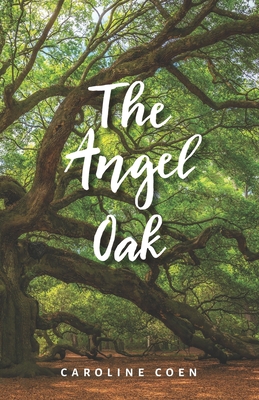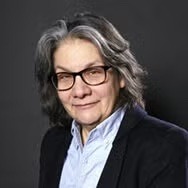Frontlist | PG High senior publishes first novel to understand life events
Frontlist | PG High senior publishes first novel to understand life eventson Feb 08, 2021

From concept to competition
Caroline Coen wasn’t interested in writing a biography. She was motivated to tell a story, inspired by her grandfather’s experiences, but woven into fiction to enable readers to have a broader experience and find different elements to which they might relate. “The Angel Oak” actually is an allegory, referring to a famous tree on Johns Island near Charleston, South Carolina. “The tree has wide branches that touch the ground — the feature that makes it famous,” Coen said. “My protagonists find an oak tree in the forest near their houses, which also has branches that reach the ground. Because it resembles the Angel Oak, they call it the mini angel oak, and many scenes throughout the book take place in the clearing where it stands.” The novel opens in 1960, with the cultivation of an unlikely friendship between two kids whose lives began under decidedly different circumstances, yet they find themselves planted in neighboring peanut farms in “Lennington,” South Carolina. Grady O’Neal’s life is simple, staid, and small, whereas the fiery Georgia Mae Clements thinks big and lives large. Their friendship grows along with them, ultimately offering the reader the promise of romance. Yet the turbulent era and the prospect of the draft breed more battles in their lives than the war, itself. “I didn’t know if I’d publish my writing, but I knew it would be a novel,” said Coen. “The opening scene could have stopped at a short story, but I knew there was more to it, so I needed to expand it. The characters are made up, the storyline is made up, but the historical events in the story did take place. The story is an alchemy of my family’s background and my grandfather’s character and experiences, and a lot of me is infused in the book.” Part of Coen’s homage to her grandfather lay in naming her protagonist Grady, derived from the Irish word “gráda,” which means noble. Upon completion of her manuscript, Coen worked with family friend Tessa Avila to bring it to print. A local publishing professional, Avila edited the text, designed the book and its cover, and ultimately uploaded it for publication in paperback and as an eBook, through Amazon. “It’s really cool that, while sheltering in place Caroline decided to dive into writing a novel,” said Avila. “I was so pleased to help her bring her work to fruition. I’m really proud of her for producing something so special and am excited to see her talent emerge through this first book. I know it won’t be her last.” In fact, Caroline Coen is already well into writing her second novel. Also historical fiction, her storyline portrays the lives of four protagonists across 150 years, as she depicts different cultures and how they helped establish the character of the Monterey Peninsula. An excerpt from her work in progress has already earned her a Merit Award from the National YoungArts Foundation “YoungArts Competition” in novel writing. Source: Monterey Herald
Authors
Frontlist Book News
Latest news
New Novel News Fronlist
Teen Authors News Frontlist
Teen Novelist
The Angel Oak
Upcoming Novels Frontlist

.jpg)
.jpg)
.jpg)
.jpg)
.jpg)
.jpg)

.jpg)

.jpg)
.jpg)

.jpg)
.jpg)
.jpg)










Sorry! No comment found for this post.